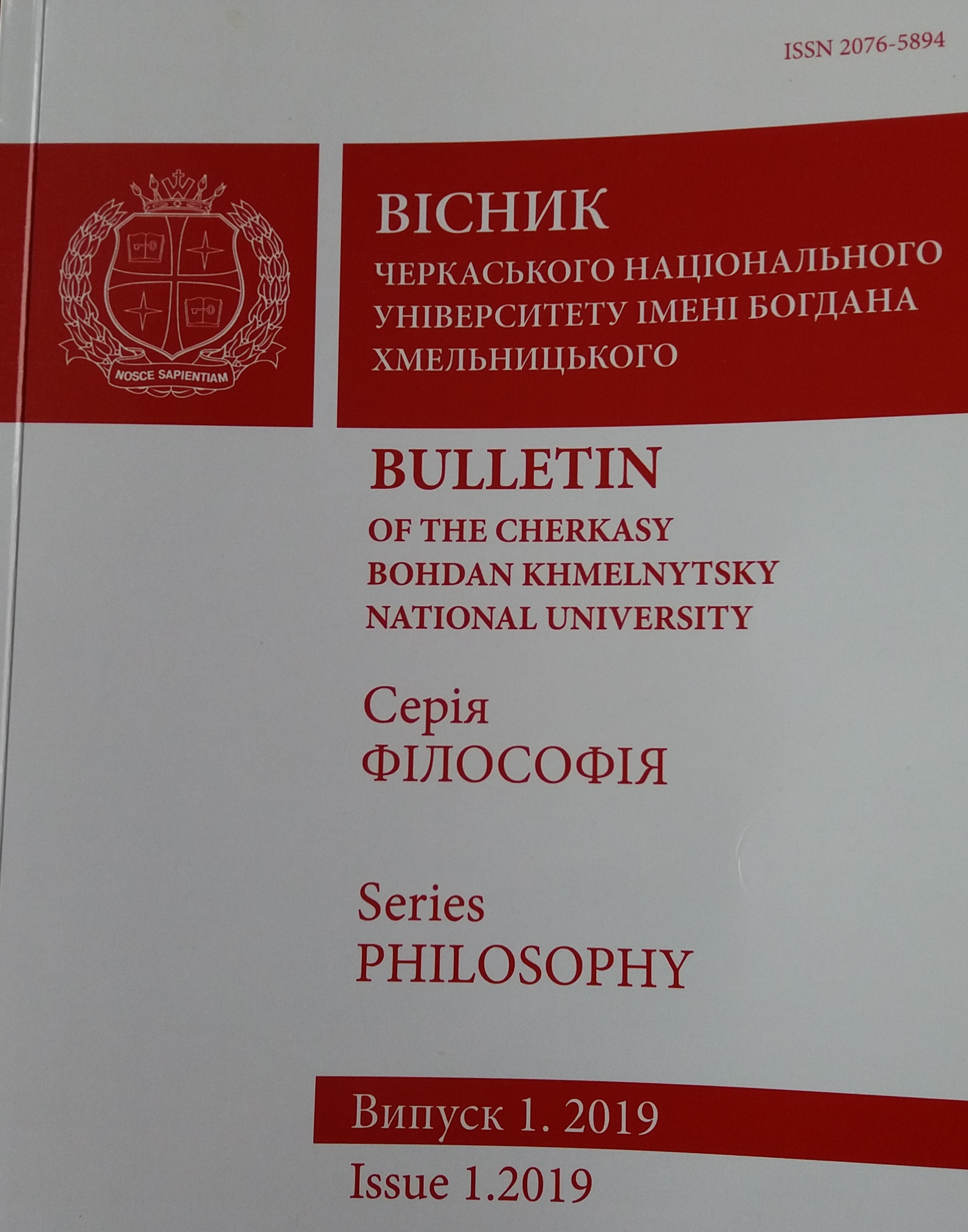SYLVESTER HOGOTSKY ON THE PUBLIC SETTING OF PEDAGOGY
Main Article Content
Abstract
Summary. Introduction. The purpose of modern education is to be a generator of new ideas and social changes. It is not society that pulls education up to its level of development, but, on the contrary, it sets the tone and pace of social change. These circumstances necessitate the search for new conceptual ideas for the development of the educational sphere. In this regard, the search for new ideas, methodological principles and priorities of its reform and further development is being updated. The intellectual heritage of the past epochs plays a relevant role in the creation of the original character of Ukrainian education.
Research methods: socio-cultural and structural-functional methods, the method of comparative studies in their dialectical unity were used.
Results: The philosophical and pedagogical views of the thinker focus on the social purpose of pedagogy as a science of education. First of all, it is presented as a science of education of the younger generation and preparation for life. The philosopher considers it as a moral science, the practical purpose of which is to improve the moral and spiritual world of man, drawing social ideals and values to which it should strive. In all spheres of public life pedagogy should bring moral warmth and light, provide benefits, separating internal and external well-being. The way of education of the younger generation is very difficult and long-term. It is to create a good moral environment in which the pupil should grow and develop. An important role in this process was played by the teacher. He considers his work not as a profession, but as a vocation, an important matter of all life. The thinker determines the soil of pedagogy. He believes that she draws her fundamental ideas from philosophy, logic, moral philosophy and psychology.
Conclusions: the researcher considers social life in all its diversity and complexity. The realities of social life are associated with the experience of the child, the realities of his daily life. According to pedagogical practices it is necessary to build not from scratch, not to impose to the teacher the vision and understanding of the world, demanding its perception as truth, not to neglect the previous life experience of the child, and to study and coordinate it. The outline of social life is much more complex and multifaceted, in which all aspects of human life and its own essence are closely intertwined.
Article Details
References
Matyukhina, O. A. (2015). Problem of man in the philosophy of S. Gogotsky. Visnyk NAU. Seria: Filosofia. Kulturologia (NAU Bulletin. Series: Philosophy. Cultural Studies), 12 (22), 46-49 (in Ukr.)
Chizhevsky, D. (1992). Essays on the history of philosophy in Ukraine. Kyiv: Oriya (in Ukr.)
Kanke, V. A. (2011). The philosophy of pedagogy: a scientific monograph. Moscow: University's Book (in Russ.)
Gogotsky, S. (1882). A brief overview of pedagogy. Kiev (in Russ.)
Gogotsky, S. (1855). Introduction to pedagogy. St. Petersburg (in Russ.)
Philosophical dictionary of social terms (2002). Kharkiv: Corvin (in Ukr.).
Melkov, Yu. (2012). Ideal and Purpose of Education in the Hierarchy of Cultural Values. Filosofia osvity (Philosophy of Education), 1-2 (11), 211-222 (in Ukr.)
Martin, J. R. (1981). The Ideal of the Educated Person. Educational THCORY, Spring, 31, 2, 97-109.
Gogotsky, S. (1853). On the historical development of education in the remarkable peoples of the world. Kiev (in Russ.)
Sharova, M. A. (2011). Anthropological, philosophical and pedagogical views of S. Gogotsky. Nauchnyie vedomosti Bel. GU (Scientific reports of Bel. GU), 2 (97), 92-100 (in Russ.)

